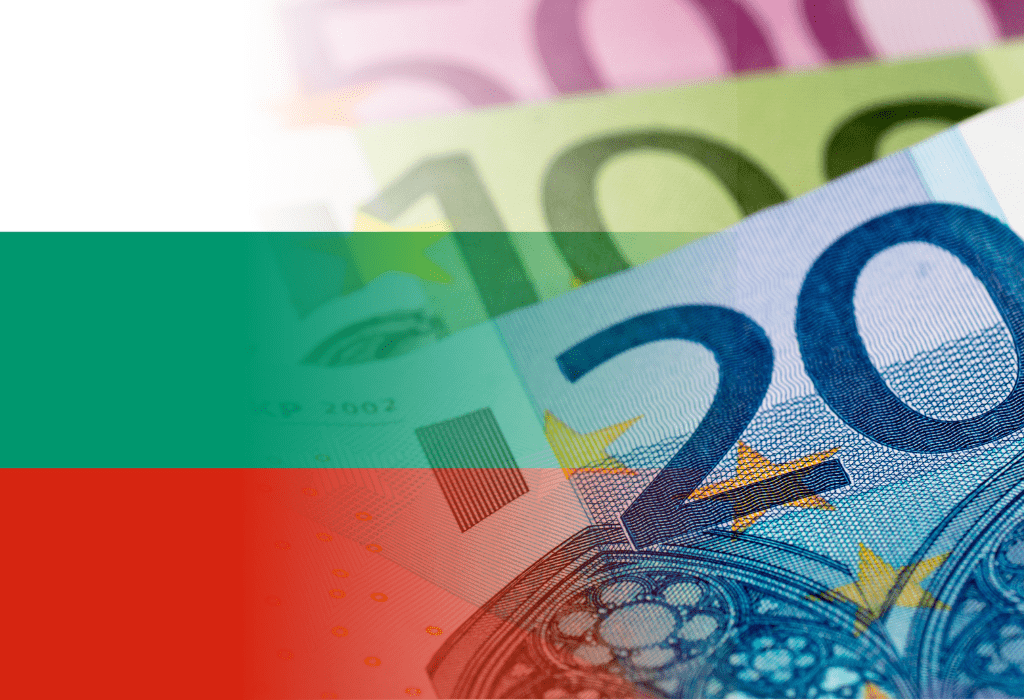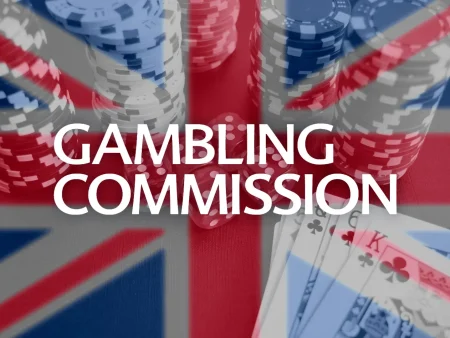The government of Bulgaria has followed similar trends across Europe. It made the decision to target the gambling industry in a bid to fill a €3.86 billion fiscal deficit.

The country’s new budget introduces a tax change for operators. Starting January 2026, they will have to pay 25% tax on gross gaming revenues. This is an increase from the current 20% rate.
The slight increase suggests that the Bulgarian government is aware it is treading a fine line. It aims to boost tax revenue without placing an overbearing financial burden on the regulated sector, which could hinder its growth.
Interestingly, Bulgaria’s 25% tax rate sits at a critical threshold highlighted in a new Betting and Gaming Council study. The study found that countries with GGR taxes below 25% saw annual tax growth of 13% from 2019 to 2024. This is in comparison to 9% when tax over 25%.
Bulgaria may well have also been vigilant of developments across Europe.
With the view of increasing this further to 37.8% from January 1, 2026, the Netherlands hiked its gambling tax rate to 34.2% of GGR at the beginning of the year.
Raising the tax on online gaming GGR from 21% to 27%, Romania also revised its gambling tax plan in July.
Nonetheless, as decreased engagement with the regulated industry threatens a €200 million shortfall, Dutch authorities face the challenge directly, while politicians across Europe watch the market’s outcome closely.
Estonia has made a radical decision to gradually reduce its remote gambling tax. The aim is to increase overall tax intake. Meanwhile, many other countries seem focused on raising taxes.
The country’s remote gambling tax will decrease by 0.5% each year for the next four years. This will reduce the rate from 6% to 4%.
Foreign Minister Margus Tsahkna noted that the government can halt the planned decreases if revenue targets are not met. Critics may view this approach as a radical method to boost tax collection.


